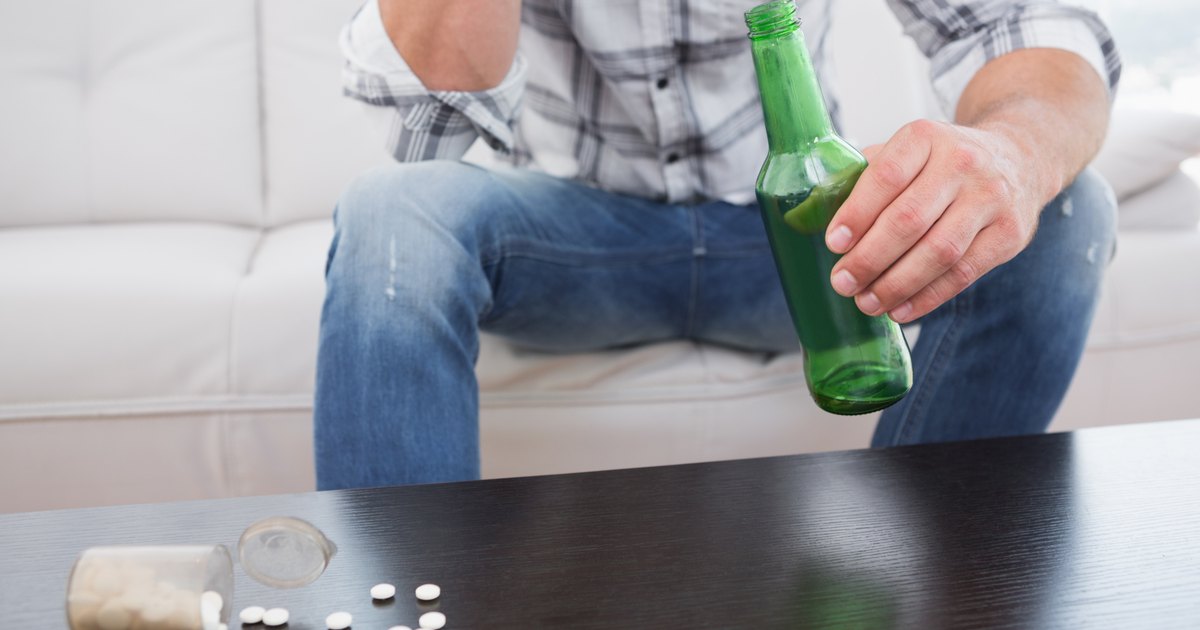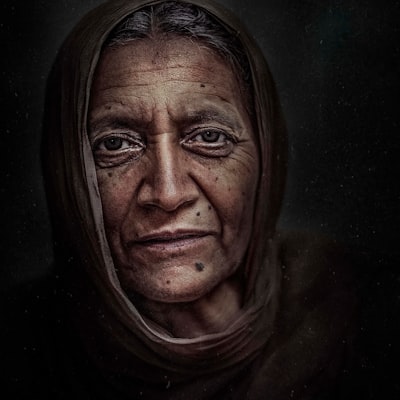Getting The "Speaking Up for Silent Sufferers: Recognizing Anxiety Symptoms in Males" To Work

Confronting the Stigma: Dropping Light on Male Anxiety
Anxiety is a common mental health concern that affects people regardless of their sex. However, popular expectations and fashions typically avoid males from freely discussing and finding aid for their anxiousness. The preconception neighboring male anxiety not merely sustains hazardous sex standards but additionally hinders the well-being of countless men. It is time to lost light on this concern and urge chats that advertise understanding, compassion, and support for male stress.
Stereotypically, males are expected to be tough, stoic, and in command of their emotions. This requirement creates a barricade for males to show susceptability or find support when they are straining with anxiousness. Instead of reaching out for help, many men internalize their sensations and experience silently.
One explanation responsible for this preconception is the popular thought that stress is a indication of weakness or ineptitude in males. Coming from an early age, children are commonly showed to suppress their emotions and "male up." Sharing worry or anxiety can be seen as unmanly or even emasculating. As a outcome, a lot of men feel self-conscious or uncomfortable concerning their distressed thought and feelings and attempt to hide them.
Yet another adding aspect to the preconception affixed to male anxiety is the lack of portrayal in media and stand out lifestyle. Males are hardly ever presented as distressed characters in flicks or TV program unless it provides as a punchline or a resource of funny alleviation. This representation strengthens the tip that anxiousness is not something major that influences men but rather something ludicrous to chuckle at.
The effects of this stigma are far-reaching. More Discussion Posted Here who battle with anxiousness often experience alone without finding professional support or trusting in buddies and loved ones participants. The internalized embarassment can exacerbate signs and symptoms of anxiety, leading to a lot more severe mental health and wellness problems such as clinical depression or drug abuse.
It is vital for society as a whole to test these fashions encompassing male stress and anxiety and generate an atmosphere where open dialogues concerning psychological health are encouraged and assisted. Here are a handful of steps we can easily take to challenge the stigma:
1. Education and learning: Advertise awareness and understanding of psychological health and wellness concerns, including stress, with education projects in colleges, workplaces, and areas. Through supplying accurate info regarding stress and anxiety conditions and unmasking misconceptions, we may aid crack down the preconception.
2. Urge Looking for Aid: Focus on the usefulness of finding professional support for mental wellness concerns. Males must be encouraged to reach out to therapists or professionals without fear of judgment or shame.
3. Foster Support Networks: Make safe areas for males to review their stress along with others who may be experiencing identical struggles. Assistance teams or online online forums can easily supply a feeling of community and recognition.
4. Challenge Gender Stereotypes: Urge men to welcome susceptability and convey their emotions freely without concern of being evaluated as unsteady or unmanly. By challenging traditional gender standards, we generate an comprehensive culture that values psychological well-being for all.
5. Depiction Concerns: Proponent for even more unique depictions of guys in media that include personalities with anxiety ailments. Beneficial representations can help stabilize stress and anxiety in guys and urge people to find help when required.
Cracking the stigma encompassing male stress needs cumulative attempt from people, communities, healthcare specialists, and policymakers as well. By dropping lighting on this concern and promoting open conversations concerning mental health, we may generate a more caring society where no one really feels embarrassed or alone in their problem.
It is high opportunity we face the stigma encompassing male anxiousness head-on and work towards destigmatizing psychological health difficulty experienced by males. Let us encourage sympathy, assistance, and understanding so that no man feels silenced by social requirements but rather encouraged to seek support when required.

